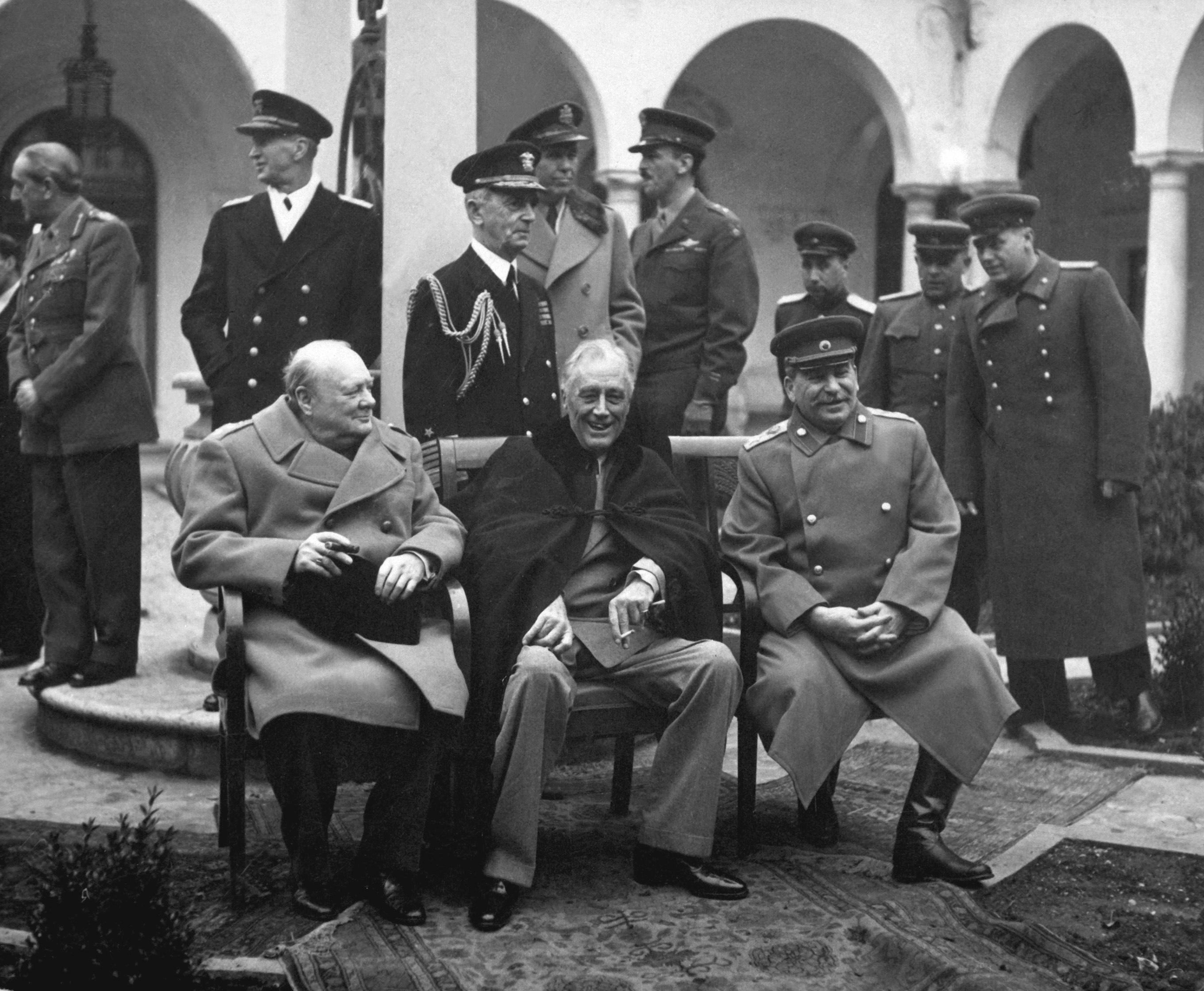

Usually you crush it down. Alot of the golf courses, (death to America etc.) around here serve that, but the bread isn’t like, a sourdough so it flattens pretty easy. It’s no Reuben though.


Usually you crush it down. Alot of the golf courses, (death to America etc.) around here serve that, but the bread isn’t like, a sourdough so it flattens pretty easy. It’s no Reuben though.


Again, another good follow-up. Imma gonna stop now. 


One of the biggest things that I absolutely despise about how WWII history is taught is how ‘Hitler killed 6 million people.’
This is wildly incorrect. Hitler’s camps killed somewhere around the lines of 14 million people, 6 million of which were Jews. Were Jews singled out in particular, and enslaved and exterminated with extreme prejudice? Absolutely. But there are millions of others that died in Nazi concentration camps, many of them communists, the mentally or physically disabled, homosexuals (who weren’t upper class) and Roma. As well as the explicit desire for Lesbarum which would have likely seen most of the Poles, Czechs, Slovaks, Serbians, and anyone who could have been considered Slavs under Nazi race law would have been explicitly culled to a peasent farming and resource extraction class.
The Nazis were not just a threat to Jews, they were a threat to ALL of working class Europe. Our hyper focus on Nazi crimes against Jews downplays their crimes, and it is baffling to me when I have discussions with literal history majors still quoting this number. This was something the Soviets understood all too well, as was repeatedly talked about in any communist commentary at the time, with them going off of Lenin’s theory of imperialism.


Oh goodie, statistical game theory is parading itself as “objective math” again. My favorite! I’ll bet the video actual couches this weird-ass opinion, but doesn’t explain that it is entirely based on particular types of voting methods.


I’m sure that if the CPC could do it again, they would have handled it differently. I don’t think it’s a particularly proud moment, even if it wasn’t the 'massacre" it is portrayed as. The reason we can tell this is because they have clearly changed what their response to semi-large pro-colonialist Western-backed demonstrations are (see the Hong-Kong protests where there were only two confirmed deaths of protestors, which for the sake of argument we’ll attribute to the police).
For one, there is clearly a lot more pre-emptive work going on from a surveillance level that didn’t go on before, especially tracking guns, and two, they are getting pretty good at isolating protestor demands and accommodating demands that are considered ‘reasonable’ (ones that were considered an ongoing issue in the party already), which fractures the protest movement, mostly leaving the truly ideologically radical sections, of whom the Western-backed ones aren’t actually willing to risk their skins, since they can make money as anti-China grifters in Western academia and Western media. That just leaves the ultra-leftists, who are broadly unpopular (because they are considered too Western-brained) in China and therefore do not really have any leverage.


They like to compare it to Julius Caesar refusing the crown from Marc Anthony, but Caesar was literally doing that after already having broken several laws around how the military and Roman civil life were in theory supposed to interact. Not only that, but it was a propaganda piece for the public, while Stalin did this mostly in private. It doesn’t make any sense for him to not be genuine in these attempts.


It’s almost as if he understood how useless and self-important Britain was during the war. Still helpful to have them for naval stuff, but you don’t need Churchill specifically for that


I would if I hadn’t thrown it out when I moved recently. I can probably do a recreation over winter break at some point.


Clearly not the right one! Mb, it’s this one https://hellonearth.chapotraphouse.com/views/podcast/


Idk if anyone else specifically shares this thesis, but I believe they have all the works cited on their website? Which I think is hellonearth.com?


I will say, much like the Thirty Years war itself, the podcast is abit disorganized. Matt has a tendency to skip around abit, which means when I went through the second time I actually started writing down dates and events to create a timeline, because there is a lot of stuff that happens simultaneously but it is addressed in different parts.
It’s a fun listen for sure though, incredibly brutal. Really feel bad for the ana-baptists.


Matt argues that the steps that would lead to capitalism, in particular the empowerment of bourgeoisie, came out of as a ‘hammer to many nails’ solution to several independent political crisis, because the economic model, on a smaller scale and based mostly in trade, not industrial development, had already been developed and morally justified by the dutch. He argues that it likely would have come about even earlier if it hadn’t been for the crisis period, but the political crises themselves came out of wealth growth (and subsequent feelings of independence) seen by the German princes who were interacting with this model. Essentially, the thirty years war was an attempt to prevent the spread of political and economic power caused by what was already occuring, but the political crises itself proved that such conflict would be unending unless the large powers also adopted those economic methods to sustain the structural changes that they had made in responding to the crisis.
Idk if he would say it was ‘historically inevitable’, it’s just that it was likely ‘inevitable as of the Thirty Years War’ and the fact that the crises couldn’t get rid of it meant that it was here to stay. Hence the references to birth and midwifing, the fetus is already fully formed, it just has to survive the ‘first trauma’.
Edit: I also want to be clear that a) it has been at least half a year since I listened to this (though I have listened to it fully twice) so I could be very wrong here, and b) I don’t know enough about this period of history to really know who is correct or incorrect here.


I believe that Matt’s general argument was that England had it’s own political crisis, which was similar, but far less destructive, the English Civil War. The simultaneous nature of both crises essentially created a ripping up of the old feudal order, and from there the search began for the next thing that would create stability between the great powers, which clearly wouldn’t be bloodlines. It was the fact that their political crisis wasn’t nearly as destructive that allowed them to ‘get ahead’ in terms of capitalist development.
While England didn’t become absolutist (at least after the death of Cromwell) it did completely consolidate the effective state away from the king and around Parliament. However, both types of restructuring created a need for more diverse wealth generation (as they were now in competition with each other), which created the need for an empowered bourgeoisie class, in all European states.
It wouldn’t come crashing down for the European monarchs until Napoleon, and because of the nature of the development of the English bourgeois, the monarchy never actually had another reckoning.


I’m very confused by his portrayal of Matt’s point. I thought Matt’s point was that the unprecedented levels of chaos and destruction in the Thirty Year’s War created the need for the absolutist administrative state and standing armies, all of which needed a new economic model that could sustain it, which by necessity, birthed capitalism, which then eventually devoured it’s father. The very destruction present itself created the drive of creation.


Ah yes, the European cosmopolitan, having vacationed everywhere and worked at one place, which obviously makes them worldly. Imo you don’t really get to know a place until you have worked there, and even then it is just a small sliver of experience and you have to be intentional about going around and talking to people to really get a big picture look, a process that can take even concerted academics 3-5 years, which means the place will have changed moderately even by the time you have published the book.


I was going to eat the food in there later!


BEGONE CHILD! Let the old gays, trans-femmes and occasional cis white guys post in peace!
Sidenote; Also zoomers are literally starting to graduate college rn, so still young but not like, 14 year old teenager young, the real big thing is that we, unlike .world or .trek, are not, for the most part, tech people. And if we are, we are usually tech-pessimists. Creates a huge posting culture difference.


My favorite thing is them believing that everyone from Russia or China must have hated it there, and while there are some expats that are like that, most of the ones I’ve met (outside of Indians) really like or miss their country of origin. I’m not saying they are perfect (far from it) but they seem like no more totalitarian hellholes than the U.S.
I always appreciate it when the local Mexican food place already knows what I want to order. Chile Colorado ‘extra spicy’, so much flavor, but I legit need napkins for the sweat on my brow. Nothing better in the winter though.